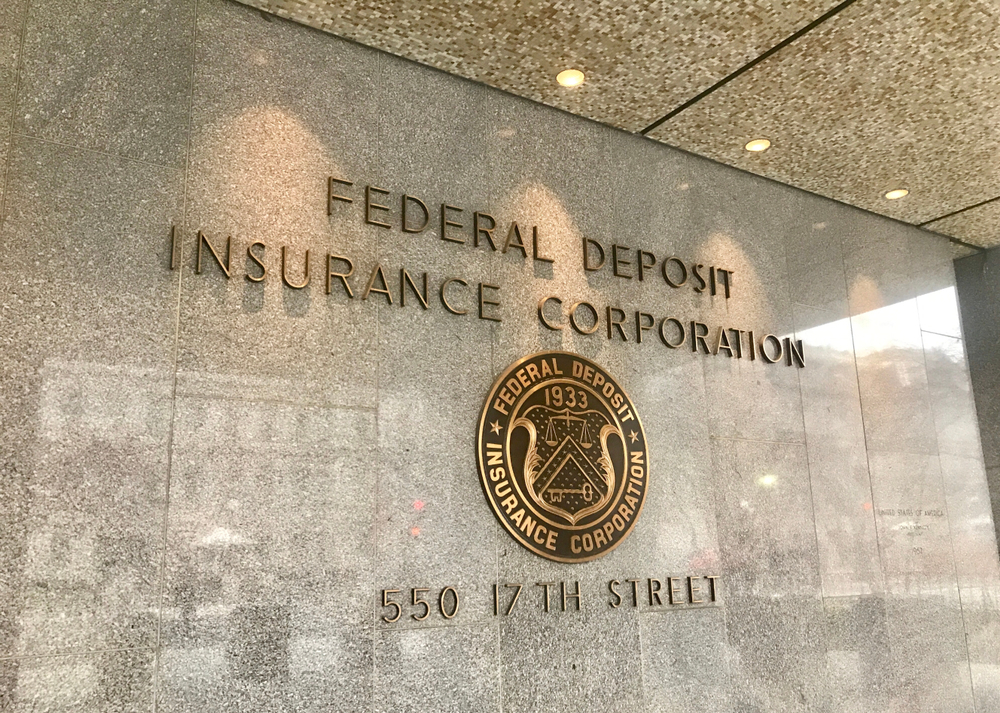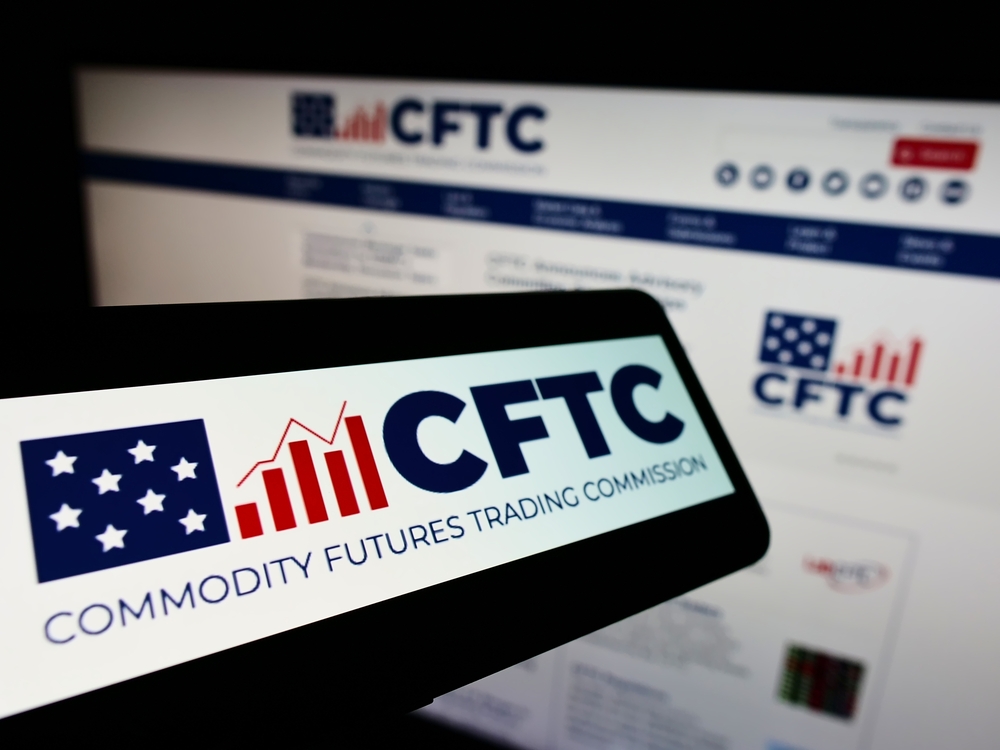Caroline Pham, who presently plays the role of a commissioner at the CFTC (Commodity Futures Trading Commission) of the United States, has declared that an ex-head of the U.S.-based regulatory policy at Credit Suisse (an investment banking company) will become a part of her staff soon.
In the declaration of Friday, Pham stated that Kaeghan Ames will turn into her counselor as well as a professional policy adviser under the CFTC from 23rd May onwards. Ames operated at Credit Suisse for up to a couple of years being the U.S. regulatory policy head as well as the vice president, which took into account the provision of advice to the executives regarding the regulation of digital assets.
Following working at the Institute of International Bankers as the government affairs director since 2021’s July, he will enter the CFTC. Taking pledge in April as a commissioner, Pham is among the five heads functioning at CFTC, the entirety of whom got appointed on the behalf of Joe Biden (the president of the United States). Pham counts to be the latest commissioner who is joining the CFTC after the confirmation of Kristin Johnson, Summer Mersinger, and Christy Goldsmith.
The CFTC turned to its official Twitter account to inform that Pham (the commissioner thereof) has declared further staff appointments. During the tenure of Ames at Credit Suisse, the digital asset subdivision of the company checked the end-to-end transfer of funds through blockchain technology’s utilization, after testing a settlement system taking into account Instinet, Paxos, and itself. In February, the firm was a target of a huge data leak related to the account holders thereof, reportedly incorporating sanctioned persons as well as the state heads.
In association with the Financial Crimes Enforcement Network, Department of the Treasury, Securities and Exchange Commission, and Federal Reserve, the CFTC manages the policy dealing with the regulation as well as the implementation of digital assets throughout the United States.
In the recent March, it was reported that the government-based agency was pursuing to obtain a budget of up to $365M for the upcoming fiscal year, partially based on the hazards that are circulating among the custodians of the digital assets within the industry. The agency’s chair has recently focused its attention on the provision of a modified order related to its registration as a DCO (derivatives clearing organization).







